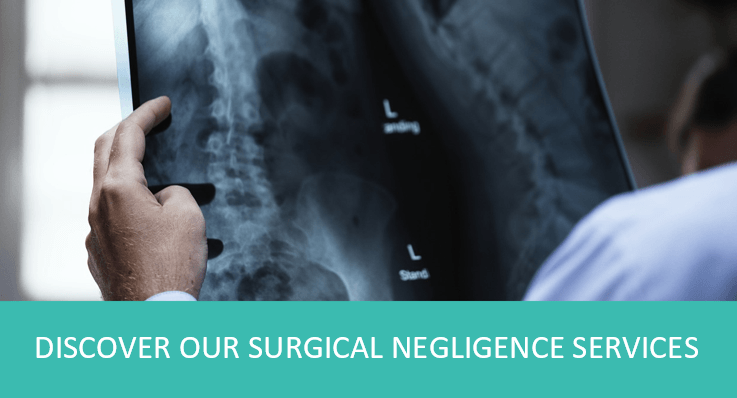
North Bristol NHS Trust has concluded that 9 patients suffered moderate harm after gastric bypass operations at Southmead Hospital.
Gastric bypass surgery, also known a Roux-en-Y, is one of several types of what is known as bariatric surgery, treatments for obesity. Others include gastric band, where a band is placed around the stomach, and sleeve gastrectomy, where part of the stomach is removed.
The operation normally takes place by keyhole surgery (laparoscopy). The stomach is divided into 2 pouches. The top part of the stomach is joined to the small intestine. People should feel fuller after surgery and have smaller appetites.
Why is gastric bypass surgery done?
Gastric bypass operations are designed to help patients lose weight. They are normally offered where patients have a BMI (body mass index) of 40 or more where other ways of trying to lose weight have failed. The aim is to help people lose weight and reduce the risk from obesity-related conditions such as Type 2 diabetes, high blood pressure and heart attacks.
The operations are generally very successful. Patients commonly lose 65% to 85% of excess body weight over a 2-year period after surgery.
What can go wrong?
However, this is significant surgery. The rate of complications can be as high as 15% although it is lower in keyhole surgery. In one study 1 in 200 patients died after the procedure.
Complications include leakages from a breakdown of the surgical join of the stomach and bowel (anastomosis) or blockages of the join from scar tissue. Sometimes the blockages have to be opened by inflating a balloon inside it on one or more occasions. Other common complications include infection, blood clots (and particularly pulmonary embolism), bleeding, hernia and bowel obstruction.
Patients need to follow advice carefully to ensure they have enough nutrition. Some patients can suffer from nutritional deficiencies afterwards.
Damages claims
A poor outcome does not necessarily mean there has been poor care. But patients are entitled to expect reasonable care. When a lack of reasonable care causes harm, patients may seek damages for negligence.
The most common reasons for damages claims following gastric bypass operations are:
• Surgical errors particularly leading to leaks and infection
• Delay in diagnosing complications, of which the most common is leaks
If you’d like to speak to a member of our team about a claim for negligent treatment, please contact us.



















